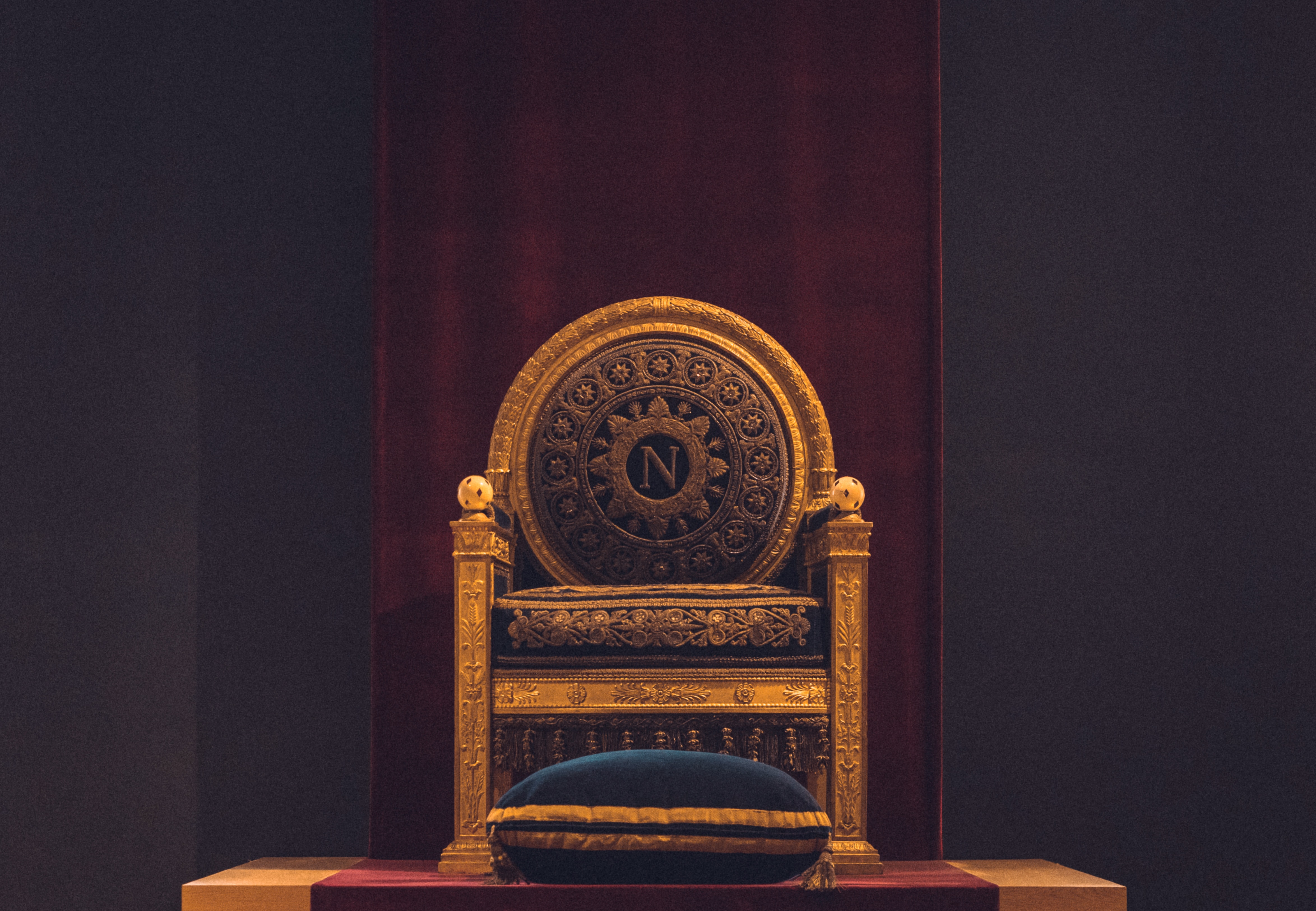10 Cărți fascinante despre istoria omului și a universului
Pentru că de curând am citit acest articol interesant despre cum ultimele descoperiri din teoria evoluției dau peste cap o serie de presupuneri mai vechi, ne-am gândit să vă propunem zece titluri despre istoria omului și a universului.
Sunt cărți care discută genomul uman, teoria evoluției și felul în care strămoșii noștri de acum mai bine de 200.000 de ani influențează și determină comportamentul omului modern: de la ce mâncăm la cum iubim; de la productivitate la creativitate; de la tendițele agresive la nevoia de socializare; sau de la dorința de a fi unici la nevoia de a aparține. Și, ca să punem totul într-un context grandios, am ales și două volume complementare despre istoria universului.









 Gata, noi am plecat să ne desenăm arborele genealogic :-).
Gata, noi am plecat să ne desenăm arborele genealogic :-).
10 Cărți esențiale despre teoria evoluției și formarea cosmosului
Sapiens: A Brief History of Humankind, de Yuval Noah Harari
"Planet Earth is 4.5 billion years old. In just a fraction of that time, one species among countless others has conquered it. Us. We are the most advanced and most destructive animals ever to have lived. What makes us brilliant? What makes us deadly? What makes us Sapiens? In this bold and provocative book, Yuval Noah Harari explores who we are, how we got here and where we’re going. Sapiens is a thrilling account of humankind’s extraordinary history – from the Stone Age to the Silicon Age – and our journey from insignificant apes to rulers of the world."
Guns, Germs and Steel: : A short history of everybody for the last 13,000 years, de Jared Diamond
"Life isn't fair - here's why: Since 1500, Europeans have, for better and worse, called the tune that the world has danced to. In Guns, Germs, and Steel, Jared Diamond explains the reasons why things worked out that way. It is an elemental question, and Diamond is certainly not the first to ask it. However, he performs a singular service by relying on scientific fact rather than specious theories of European genetic superiority. Diamond, a professor of physiology at UCLA, suggests that the geography of Eurasia was best suited to farming, the domestication of animals and the free flow of information. The more populous cultures that developed as a result had more complex forms of government and communication--and increased resistance to disease. Finally, fragmented Europe harnessed the power of competitive innovation in ways that China did not. (For example, the Europeans used the Chinese invention of gunpowder to create guns and subjugate the New World.) Diamond's book is complex and a bit overwhelming. But the thesis he methodically puts forth - examining the "positive feedback loop" of farming, then domestication, then population density, then innovation, and on and on - makes sense. Written without bias, Guns, Germs, and Steel is good global history."
A Short History of Nearly Everything, de Bill Bryson
"Bill Bryson describes himself as a reluctant traveler, but even when he stays safely at home he can't contain his curiosity about the world around him. A Short History of Nearly Everything is his quest to understand everything that has happened from the Big Bang to the rise of civilization - how we got from there, being nothing at all, to here, being us. Bill Bryson's challenge is to take subjects that normally bore the pants off most of us, like geology, chemistry and particle physics, and see if there isn't some way to render them comprehensible to people who have never thought they could be interested in science."
A Brief History of Everyone Who Ever Lived: The Stories in our Genes, de Adam Rutherford
"This is a story about you. It is the history of who you are and how you came to be. It is unique to you, as it is to each of the 100 billion modern humans who have ever drawn breath. But it is also our collective story, because in every one of our genomes we each carry the history of our species - births, deaths, disease, war, famine, migration and a lot of sex. Since scientists first read the human genome in 2001 it has been subject to all sorts of claims, counterclaims and myths. In fact, as Adam Rutherford explains, our genomes should be read not as instruction manuals, but as epic poems."
A Brief History of Time: from the Big Bang to Black Holes, de Stephen Hawking
"Was there a beginning of time? Could time run backwards? Is the universe infinite or does it have boundaries? These are just some of the questions considered in an internationally acclaimed masterpiece by one of the world's greatest thinkers. It begins by reviewing the great theories of the cosmos from Newton to Einstein, before delving into the secrets which still lie at the heart of space and time, from the Big Bang to black holes, via spiral galaxies and strong theory. To this day A Brief History of Time remains a staple of the scientific canon, and its succinct and clear language continues to introduce millions to the universe and its wonders."
Cosmos: The Story of Cosmic Evolution, Science and Civilisation, de Carl Sagan
"The story of fifteen billion years of cosmic evolution transforming matter and life into consciousness, of how science and civilisation grew up together, and of the forces and individuals who helped shape modern science. A story told with Carl Sagan's remarkable ability to make scientific ideas both comprehensible and exciting."
The Power of Habit: Why We Do What We Do and How to Change, de Charles Duhigg
"In The Power of Habit, award-winning New York Times business reporter Charles Duhigg takes us to the thrilling edge of scientific discoveries that explain why habits exist and how they can be changed. With penetrating intelligence and an ability to distill vast amounts of information into engrossing narratives, Duhigg brings to life a whole new understanding of human nature and its potential for transformation. At its core, The Power of Habit contains an exhilarating argument: The key to exercising regularly, losing weight, raising exceptional children, becoming more productive, building revolutionary companies and social movements, and achieving success is understanding how habits work."
How the Mind Works, de Steven Pinker
"Why do we laugh? What makes memories fade? Why do fools fall in love? Why do people believe in ghosts? How do we recognize a face?How the Mind Works explores every aspect of our brains, showing that our minds are not a mystery, but rather a system designed by natural selection over years of human evolution. Whether looking at optical illusions or religion, Mozart or films, Stephen Pinker offers us a new way of understating ourselves."
The Descent of Man, de Charles Darwin
"In The Descent of Man Darwin addresses many of the issues raised by his notorious Origin of Species: finding in the traits and instincts of animals the origins of the mental abilities of humans, of language, of our social structures and our moral capacities, he attempts to show that there is no clear dividing line between animals and humans. Most importantly, he accounts for what Victorians called the ‘races’ of mankind by means of what he calls sexual selection. This book presents a full explanation of Darwin’s ideas about sexual selection, including his belief that many important characteristics of human beings and animals have emerged in response to competition for mates."
Your Inner Fish: the amazing discovery of our 375-million-year-old ancestor, de Neil Shubin
"One of the world's leading experts in evolutionary history, Neil Shubin reveals the secrets of our biology: why if we want to understand our limbs we should take a close look at Tiktaalik, the first fish capable of doing a push-up; why if we want to know why we hiccup, the answer is in the way fish breathe; and why it is that fish teeth are surprisingly similar to human breasts." Gata, noi am plecat să ne desenăm arborele genealogic :-).
Gata, noi am plecat să ne desenăm arborele genealogic :-). 







